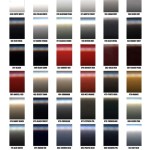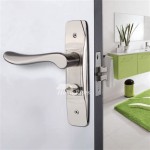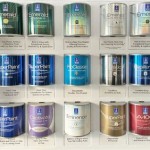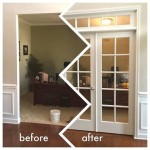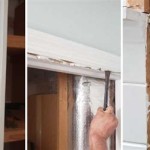Essential Aspects of Cost to Paint House Interior
Painting the interior of your home can be a budget-friendly way to update and refresh the look of your living space. However, it's essential to factor in all the costs associated with the project to avoid unexpected expenses. Here are the key aspects that determine the total cost to paint your house interior:
1. Size and Layout of the Property
The square footage of your interior space directly impacts the cost of painting. Larger homes with more rooms, hallways, and other paintable surfaces require more paint, primer, and labor. Additionally, complex layouts with multiple angles, high ceilings, or intricate architectural features can increase the painting difficulty and, therefore, the cost.
2. Paint Quality and Type
The quality and type of paint you choose can significantly affect the overall cost. Higher-quality paints offer better coverage, durability, and color retention, but they come at a premium price. The paint type also plays a role, with flat, eggshell, and satin finishes being more economical than semi-gloss or high-gloss paints.
3. Labor Costs
The labor costs associated with painting can vary widely depending on the painter's experience, skill level, and location. Professional painters typically charge per square foot, with rates varying by region and the complexity of the project. It's important to get quotes from multiple painters to ensure you get a fair price.
4. Preparation and Materials
Proper surface preparation is crucial for a high-quality paint job. This includes tasks like cleaning, sanding, and repairing any imperfections. The cost of materials such as primer, brushes, rollers, drop cloths, and masking tape should also be factored into the overall budget.
5. Additional Services
Depending on the condition of your walls or the scope of the project, you may need additional services such as wallpaper removal, drywall repair, or lead paint abatement. These services can add to the total cost of painting.
6. Time of Year
The time of year can also influence the cost of painting. During peak seasons (spring and summer), demand for painters is higher, which can lead to increased labor costs. Painting in the off-season (fall and winter) may offer lower rates due to decreased demand.
7. DIY vs. Professional
If you have the time, skills, and necessary equipment, you can save money by painting your house interior yourself. However, DIY painting can be labor-intensive and may not yield the same level of quality as professional painting. If you're not confident in your painting abilities, it's better to hire a qualified painter.
By carefully considering these essential aspects, you can create a realistic budget for painting your house interior. Remember to factor in the size of your property, the quality of paint you choose, labor costs, preparation materials, and any additional services needed. With proper planning and budgeting, you can achieve a beautiful and rejuvenated interior space without breaking the bank.The Cost To Paint Exterior Of A House Touch Color

Material Cost Guides And Calculators Homewyse

The Cost To Paint Interior Doors 2024 Home Painters Toronto

Interior Painting Cost For Your Home Teaberry

The Cost To Paint Interior Doors 2024 Home Painters Toronto

Exterior House Painting Cost In Overland Park Ks

2024 Interior Painting Costs Average Cost To Paint Of House

2024 Interior Painting Costs Average Cost To Paint Of House

The Cost To Paint Interior Doors 2024 Home Painters Toronto

What Is The Cost Of Remodeling A Living Room Smart Llc
Related Posts

